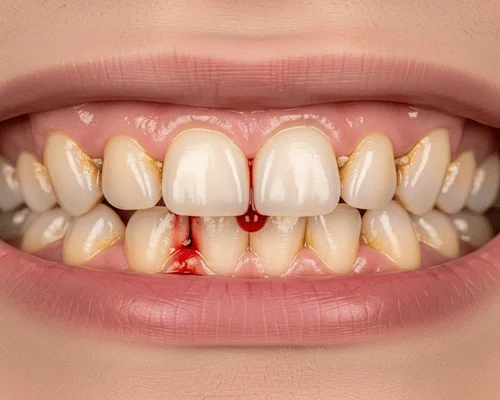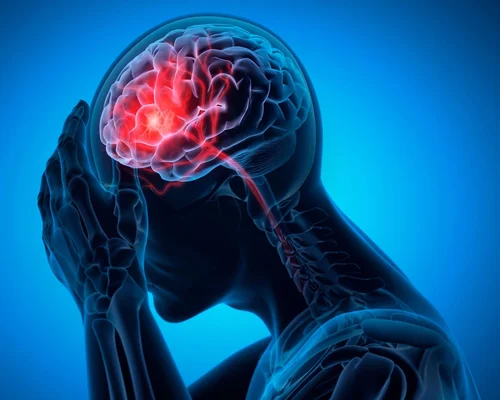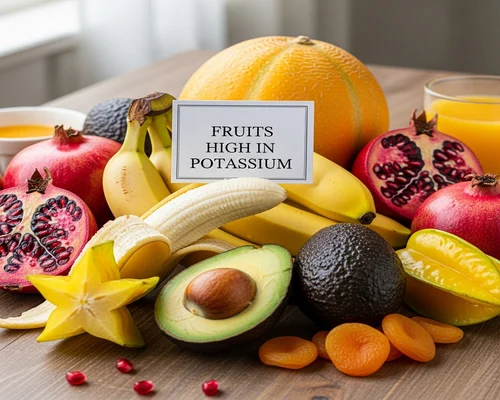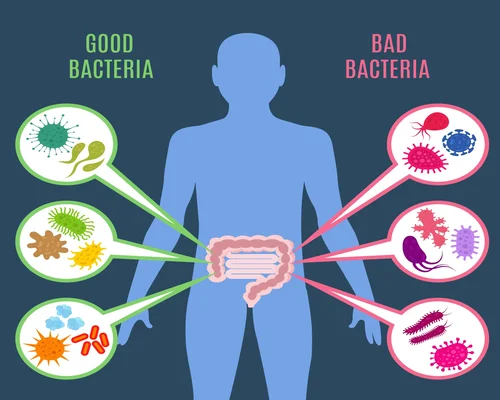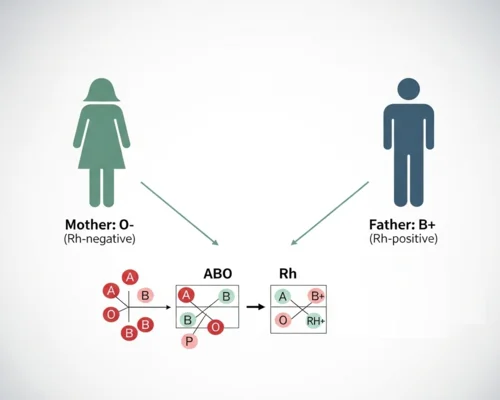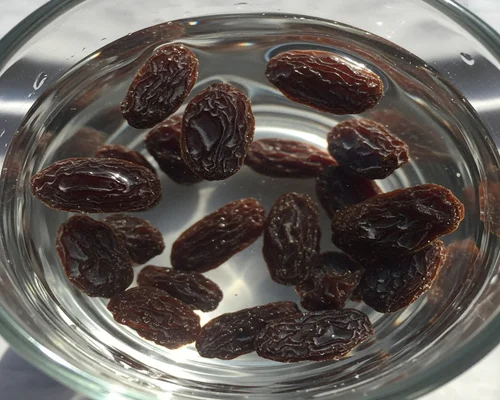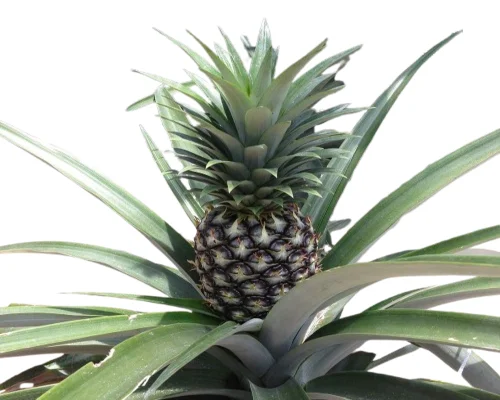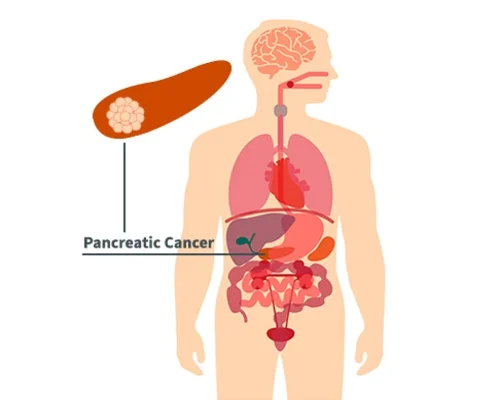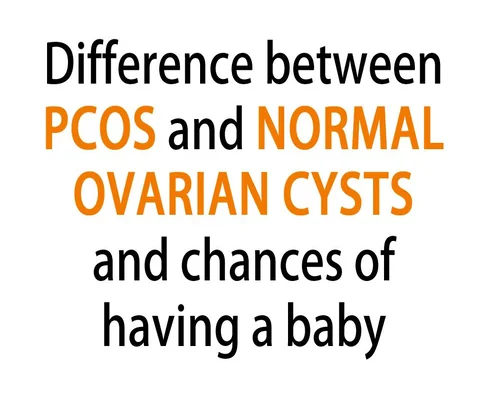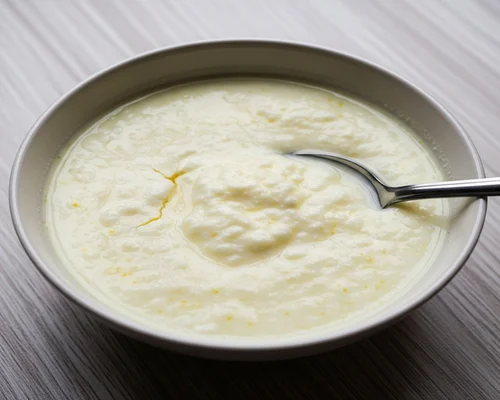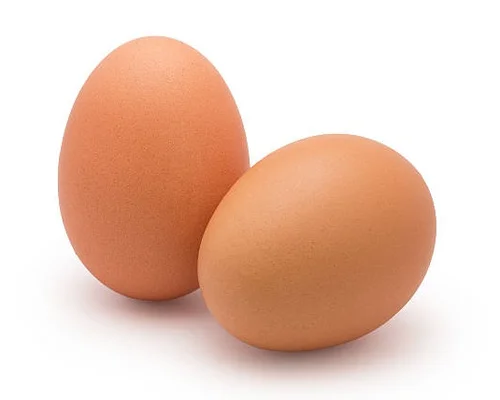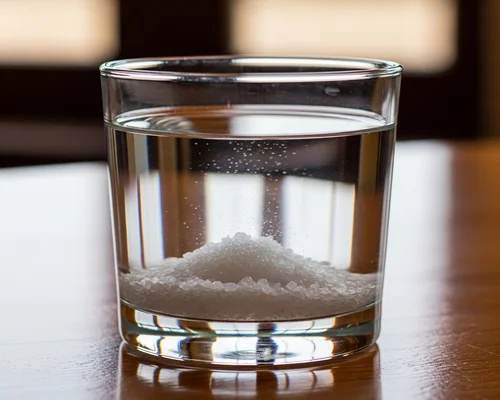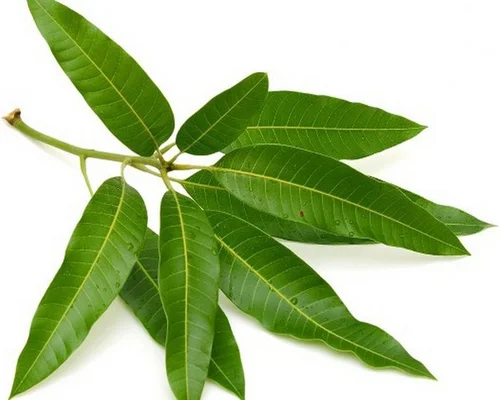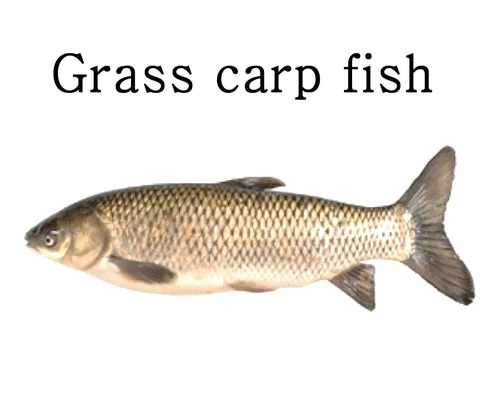
Grass carp fish benefits
Grass carp fish benefits
Grass carp (scientific name: Ctenopharyngodon idella) (English: grass carp) is a freshwater fish of the genus Ctenopharyngodon of the Cyprinidae family.
Grass carp fish provides a rich source of nutrients such as omega-3, essential amino acids, eicosapentaenoic acid (EPA). These compounds have anti-atherosclerosis prevention and treatment, anti-cancer and blood fat-lowering effects. Lakes and ponds have grass carp. The flesh is white, tender, and smooth in texture.
Carp are often grown for food, especially in Europe and Asia, because large quantities of fish can be produced per acre. The two domesticated species are the mirror carp (with a few large scales) and the leather carp (almost without scales).
Introduction and characteristics of grass carp
Physical Characteristics:
Length: Usually 60-100 cm, but can grow up to 1.5 m.
Weight: Adult grass carp weigh 20-35 kg, in some cases up to 45 kg.
Colour: Dark greenish gray on back, light green on sides and whitish on belly.
Body Structure: Elongated and flattened, covered with large scales.
Mouth: Large and wide, toothless.
Life cycle and reproduction:
Lifespan: 5-9 years on average, but can live up to 15-20 years with care.
Breeding season: Spring to early summer (March-June).
Egg Laying: A female can lay 3-4 lakh eggs at a time.
Hatching: Within 24-48 hours.
Diet:
Grass carp are primarily herbivores. They mainly eat the following foods:
Aquatic plants (Hydrilla, Vallisneria etc.)
Grass and moss
Crop residues (eg: paddy straw)
Artificial food (in agriculture)
The unique characteristics of this fish are its fast growth and its ability to keep the water bodies clean. An adult grass carp can eat up to 40-300% of its body weight in plants daily.
Grass carp fish vitamins
Carp fish produce many B-complex vitamins such as niacin and pyridoxine (B-6). It is a good source of vitamin E, vitamin B12, thiamin and riboflavin. Further, it is a natural source of rich minerals including iodine, selenium, phosphorus, calcium, zinc, potassium and magnesium.
Nutritional value of carp
- calories
- protein
- fat
- carbohydrates
- Vitamin A
- Vitamin D
- calcium
- iron
- Omega-3 fatty acids
22.9 grams of protein. 7.2 g lipids, including: 1.4 g saturated fat, 3 g monounsaturated fat, 1.8 g polyunsaturated fat (including 900 mg omega 3 and 663 mg omega 6) and 84.11 mg cholesterol. 2.1 mg of niacin.
1.6 mg of vitamin C. 0,882 mg pantothenic acid, Carp fish are moderately high; 100 g contains 127 calories and 17.8 g/100 g (32% of the RDI) of protein.
Carp contains 108 calories per 85 gram serving. This serving contains 4.8 grams of fat, 15 grams of protein and 0 grams of carbohydrates. The latter is 0 grams of sugar and 0 grams of dietary fiber, the rest being complex carbohydrates. Fish, raw, carp contains 0.9 grams of saturated fat and 56 milligrams of cholesterol per serving.
Carp fish is healthy. Also, carp provides a rich source of nutrients such as omega-3, essential amino acids, eicosapentaenoic acid (EPA) ... these compounds have the effects of preventing and treating atherosclerosis, anti-cancer and reducing blood fat.
100 g of carp contains approximately: 22.9 g of protein. 7.2 g lipids, including: 1.4 g saturated fat, 3 g monounsaturated fat, 1.8 g polyunsaturated fat (including 900 mg omega 3 and 663 mg omega 6) and 84.11 mg cholesterol.
Health Benefits:
- High levels of omega-3 fatty acids lower blood cholesterol levels.
- Helps control blood pressure.
- Rich in DHA and EPA, which boost brain function.
- Helps improve memory.
- High levels of protein help build muscle.
- Aids in muscle recovery after exercise.
- Rich in calcium and vitamin D, which strengthens bones.
- Helps prevent osteoporosis.
- Omega-3 fatty acids improve skin health.
- Increases skin elasticity and reduces the appearance of age.
- Vitamin A protects eye health.
- Helps prevent dandruff.
- Selenium and other minerals boost immunity.
- DHA helps baby brain and eye development.
- Low in calories and high in protein, which helps in weight control.
- Being low in carbohydrates helps control blood sugar levels.
- Carp fish helps improve heart health and reduces the chance of heart stroke.
- It contains omega-3 fatty acids that act as anti-inflammatory agents.
Disadvantages of carp fish
Invasive carp cause serious damage to native fish populations in the lakes and rivers they invade because they outcompete other fish for food and space. Carp water quality is also considered low, which can kill sensitive organisms such as native freshwater mussels.

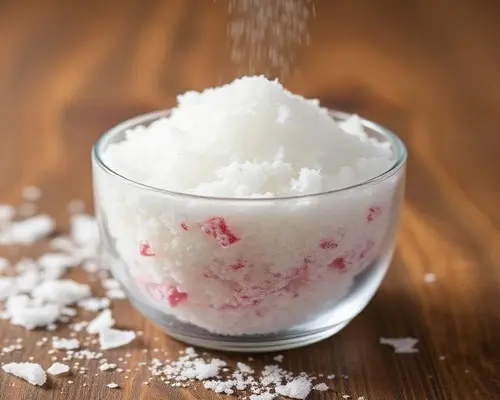


-vegetable.webp)
